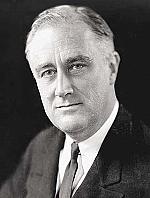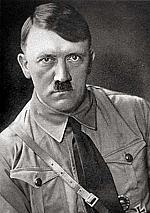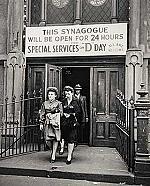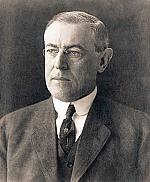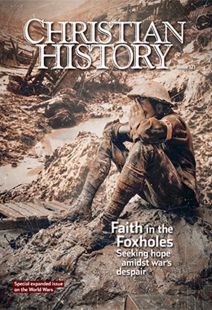Josef Stalin (1878–1953)
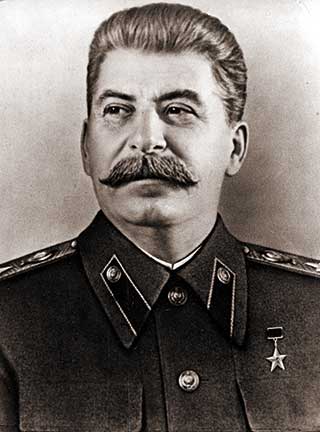
[Stalin—Library of Congress]
Iosif (Josef) Vissarionovich Dzhugashvili came from the working class; his mother sent him to a school that trained Russian Orthodox priests, and he later went to seminary on a scholarship, but his studies appear to have led him to question and abandon his faith. He discovered the writings of Vladimir Lenin (1870–1924) around 1900 and joined the Bolshevik group within the larger Marxist movement.
Exiled to Siberia several times, the young revolutionary was drafted into, then rejected by, the Russian Army during World War I. He helped Lenin, Leon Trotsky (1879–1940), and others with their October 1917 coup. Then, sometime around 1920 he began using the name Stalin (“steel”). Stalin’s first wife, Kato Svanidze, died after only 18 months (it was reported that he said at her funeral, “With her died my last warm feelings for humanity”), and he married again to Nadezhda Alliluyeva, who committed suicide in 1932.
Stalin became general secretary of his nation’s Communist Party shortly before Lenin’s death, and afterward he emerged victorious in a power struggle to lead the party. His rule included a brutal move toward industrialization, the imprisonment of thousands in labor camps, and a purge of “enemies of the working class” from the party. He at first entered a nonaggression pact with Hitler’s Germany but violated it in 1940; Hitler retaliated with a 1941 invasion. Stalin fought on the side of the Allies in World War II, but established Communist governments in most of the places that his army freed from the Germans.
This article is from Christian History magazine #121 Faith in the Foxholes. Read it in context here!
By Jennifer Woodruff Tait
[Christian History originally published this article in Christian History Issue #121 in 2017]
Jennifer Woodruff Tait is managing editor of Christian HistoryNext articles
Franklin Delano Roosevelt (1882–1945)
FDR led the United States during most of World War II
Jennifer Woodruff TaitAdolf Hitler (1889–1945)
Hitler’s early successes fatefully brought him widespread German support
Jennifer Woodruff TaitA sacred conflict or an unfortunate necessity?
Firing Scriptural “grenades” over war on the home front
Barry Hankins“The world must be made safe for democracy”
Wilson counseled war after campaigning to keep America out of it
Woodrow WilsonSupport us
Christian History Institute (CHI) is a non-profit Pennsylvania corporation founded in 1982. Your donations support the continuation of this ministry
Donate



